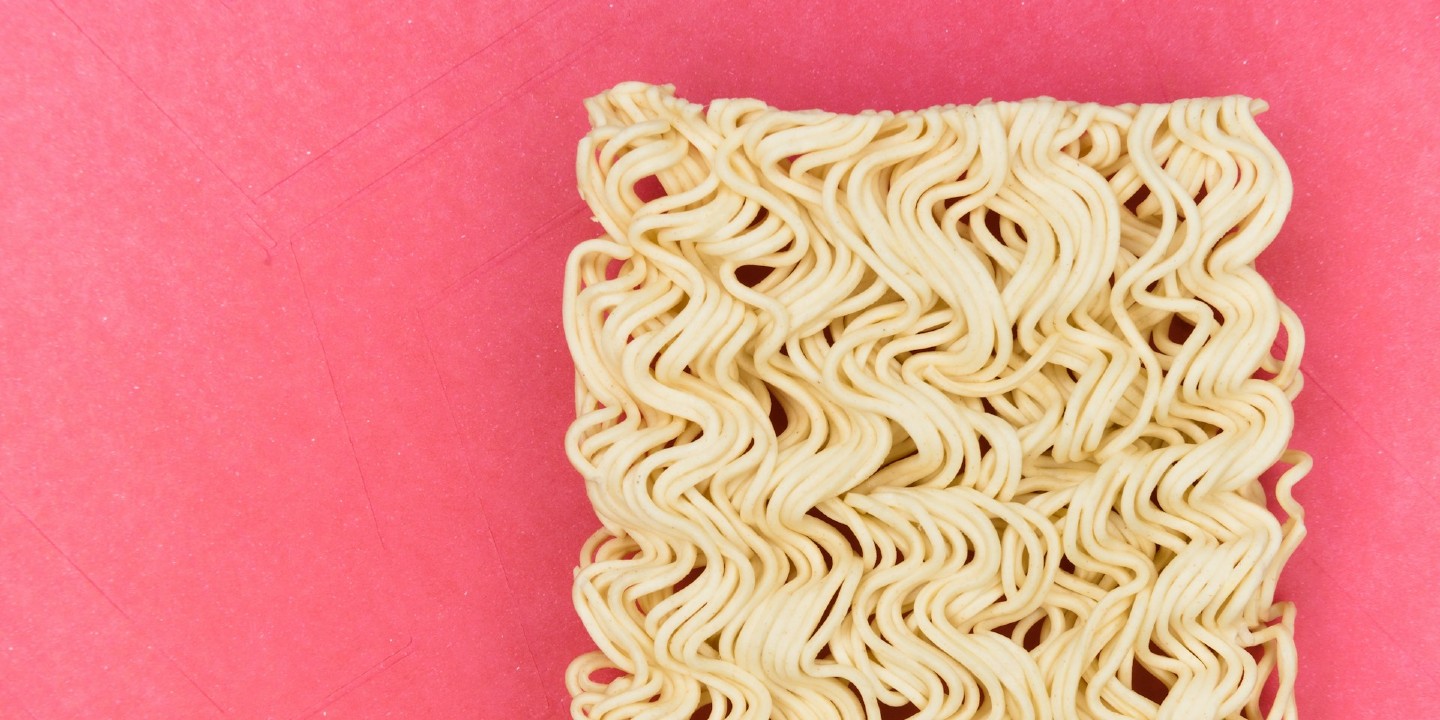The Sneaky Shelf-Life Saboteurs
Ever feel like your fridge is plotting against you? You stock it with fresh food, only to discover half of them turning into science experiments before you’ve had the chance to enjoy them. It’s not that you’re careless—it’s that these items have ridiculously short shelf lives. That’s why knowing which ones go bad the fastest can save you money and frustration. So, here are 20 foods that spoil quicker than you’re ready to deal with.
1. Berries
Berries spoil faster than most fruits because their thin skins make them highly vulnerable to mold. When moisture gets trapped between them, decay sets in even quicker. And the moment one berry spoils, the damage spreads fast through the entire container.
2. Leafy Greens
Leafy greens never stay crisp for long because their high water content makes them wilt within days. They react quickly to shifts in temperature and humidity, and the slightest bruise during handling speeds up spoilage. Stored leaves also trap moisture, which encourages rot.
3. Mushrooms
Keeping mushrooms fresh feels nearly impossible, as their porous surface pulls in moisture almost immediately. That dampness activates enzymes that make them slimy, while their fragile, paper-like skins bruise and darken with little effort.
4. Fish
Few foods turn on you faster than what comes out of the sea. Protein-rich flesh provides a feast for bacteria, and without steady cold storage, the delicate texture collapses quickly. Within just a day or two, the firm bite of fish just disappears.
 micheile henderson on Unsplash
micheile henderson on Unsplash
5. Rice
The moist, starchy environment of cooked rice invites trouble fast, and if left out at room temperature, spoilage can creep in within hours. To make matters worse, rice eagerly absorbs bacteria from utensils or countertops, picking up more than just flavor.
6. Avocados
Avocados may be beloved for their creamy texture, but the moment a knife slices through, enzymes spark browning, and exposure to oxygen only accelerates the discoloration. And when overripe, the flesh collapses into unappetizing mush.
7. Soft Cheeses
Mold doesn’t hesitate to spread across their surface, and the outer rind offers almost no real protection. Even when sealed, their flavor and texture begin to shift sooner than expected. In short, one moment they’re creamy and indulgent, and the next, they’re veering into inedible territory.
8. Deli Meats
Once sliced, the increased surface exposure of deli meats accelerates the risk of spoilage. It doesn’t take long before the packaging reveals that telltale slimy texture, signaling that freshness is gone. Leave them unrefrigerated, and the clock runs out in just hours.
 Wilfredo Rafael Rodriguez Hernandez on Wikimedia
Wilfredo Rafael Rodriguez Hernandez on Wikimedia
9. Pasta
If you are thinking of eating that leftover pasta, you may want to reconsider. Its water content creates the perfect breeding ground for bacteria. Plus, utensils or sauce traces can also contaminate it further, and soon, it becomes mushy and far from appetizing.
10. Tomatoes
Fresh from the market, these juicy red treasures don’t take long to test your patience. Their thin skins tear at the slightest bump, opening the door to rot. Cold storage only complicates things by changing their texture.
11. Bananas
A bunch of bananas on the counter can seem fine one day and completely different the next. Bananas release natural ethylene gas that speeds their ripening. The flesh softens fast, and before long, that sweet fermenting smell announces they’ve crossed into overripe territory.
12. Cucumbers
Freshness can feel like a fleeting promise when it comes to cucumbers. Their thin, water-heavy skins make them especially vulnerable, splitting with the slightest pressure. Exposure to cold shifts their texture into a watery mess, and excess moisture invites mushy spots that spread quickly.
13. Asparagus
Delicate doesn’t even begin to describe asparagus. Those tender stalks lose moisture at lightning speed, drying out before you realize it. As days pass, the once-snappy spears transform into woody, chewy stems, a clear reminder that asparagus demands attention the moment it enters your kitchen.
14. Yogurt
Mold growth on yogurt can appear fast once the seal is broken. Active live cultures keep working, changing flavor more quickly than expected. Exposure to air shifts its texture and smell, and liquid separation signals decline.
15. Bread
Bread rarely hides its downfall. With so much surface exposed, it quickly becomes a playground for mold. Airborne moisture seeps in, speeding up the decline, while natural yeasts keep breaking it down. Worse, soft slices stiffen into staleness, and in warm spots, mold flourishes at record speed.
16. Hummus
Hummus doesn’t waste time turning against you. Any sort of air exposure speeds spoilage, oils start to separate, and soon mold creeps across the surface. That once-savory dip shifts to a sharp, sour smell, letting you know it’s gone from fridge favorite to fridge foe almost overnight.
17. Corn
Once harvested, the natural sugars of corn rapidly convert into starch, dulling the flavor. Warm air speeds the decline, leaving kernels shriveled and less appetizing. Even husks provide little defense, as mold slips between tightly packed kernels.
 Wouter Supardi Salari on Unsplash
Wouter Supardi Salari on Unsplash
18. Melon
Nothing matches the joy of sinking your teeth into a juicy melon on a hot day, although its freshness slips away quickly. That’s because the high water content encourages bacteria to thrive. After cutting, the delicate flesh bruises and juices ferment in warm air.
 USDA photo by Scott Bauer. Image Number K7355-11. on Wikimedia
USDA photo by Scott Bauer. Image Number K7355-11. on Wikimedia
19. Beans
Cooked beans waste no time betraying you. Their damp texture becomes a bacteria playground, and a sour stench rolls in before you even think about leftovers. Starches race into fermentation mode, and the whole dish soon melts into mushy regret.
 micheile henderson on Unsplash
micheile henderson on Unsplash
20. Eggplant
Eggplants like to strut around the produce aisle looking all shiny and polished, but the act doesn’t last. Their thin, waxy skin bruises with the gentlest touch, and the flesh inside seems determined to soften overnight. Within days, the firmness vanishes, and that once-glossy purple turns dull.
KEEP ON READING

Happy Hour: The 20 Best Foods For Social Snacking






















